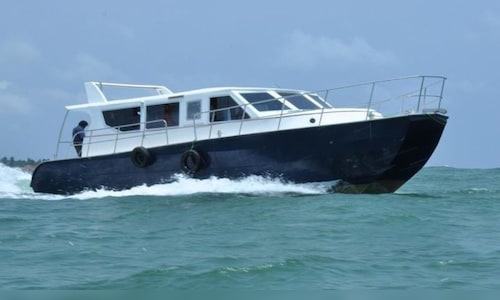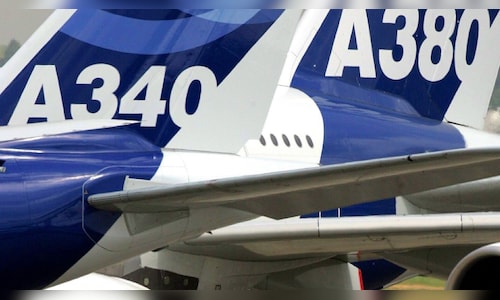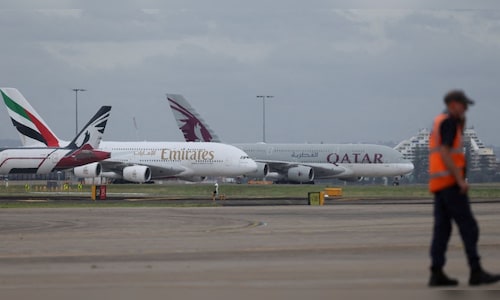Mumbai is preparing to launch its first fleet of electric water taxis on September 22, a move expected to transform connectivity across the city’s harbour routes. The service, led by Bharat Freight Group (BFG), promises quicker, greener, and more comfortable travel between Gateway of India/Ferry Wharf and Jawaharlal Nehru Port Authority (JNPA).
At present, passengers rely on traditional wooden ferries that take over an hour to complete the journey, with tickets priced at around ₹100. The new vessels are designed to reduce this travel time to less than 40 minutes, offering a much-needed upgrade in efficiency.
According to BFG’s Managing Director, Sohel Kazani, the initial rollout will include two boats — one fully electric and another hybrid that combines solar power, battery storage, and a diesel back-up. Both models can be fully recharged in under an hour, ensuring rapid turnaround and reduced emissions.
The water taxis have been built with European-inspired designs using fibre and glass materials, improving both energy efficiency and passenger comfort. Their construction also enhances stability, making them safer and smoother alternatives to existing boats.
Also read | Mumbai commute chaos: Maharashtra govt’s water taxi plan to slash travel time
Plans for expansion are already underway. A second phase will introduce four hydrogen-powered vessels once the required infrastructure is established, and the network is expected to extend services to Elephanta Caves, Alibaug, Belapur, and other popular harbour destinations.
With the launch, Mumbai positions itself as a pioneer in sustainable maritime transport, offering commuters a modern solution to both congestion and environmental concerns.
Earlier, CNBC-TV18 had reported that the water taxi project aims to ease commuting in the MMR region and will connect Raigad, Thane, and Palghar districts with each other and with Mumbai city via the water route. Once implemented, this project will help reduce the burden on local trains, metros, and especially roads.
(Edited by : Jerome Anthony)






